Genetics
-
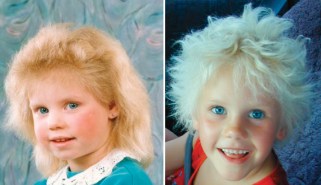 Genetics
GeneticsCan’t comb your kid’s hair? This gene may be to blame
Scientists linked variants of one hair shaft gene to most of the uncombable hair syndrome cases they tested.
By Meghan Rosen -
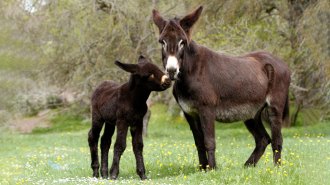 Animals
AnimalsDNA reveals donkeys were domesticated 7,000 years ago in East Africa
When and where donkeys were domesticated has been a long-standing mystery. DNA now reveals they were tamed much earlier than horses.
By Freda Kreier -
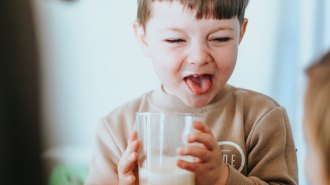 Anthropology
AnthropologyFamine and disease may have driven ancient Europeans’ lactose tolerance
Dealing with food shortages and infections over thousands of years, not widespread milk consumption, may be how an ability to digest dairy evolved.
By Bruce Bower -
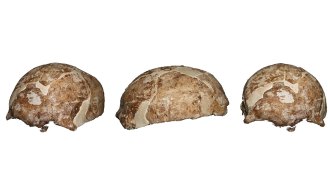 Humans
HumansAncient DNA links an East Asian Homo sapiens woman to early Americans
Genetic clues point to a Late Stone Age trek from southwestern China to North America.
By Bruce Bower -
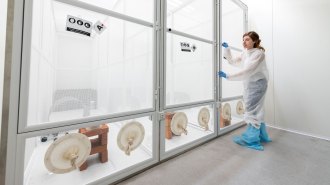 Genetics
GeneticsWho decides whether to use gene drives against malaria-carrying mosquitoes?
As CRISPR-based gene drives to eliminate malaria-carrying mosquitoes pass new tests, the African public will weigh in on whether to unleash them.
-
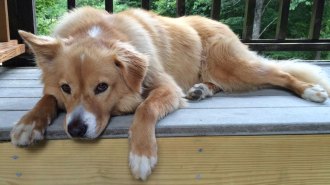 Animals
AnimalsDog breed is a surprisingly poor predictor of individual behavior
Despite the popular conviction that dog breeds are associated with specific traits, breed accounts for only 9 percent of behavioral differences.
By Anna Gibbs -
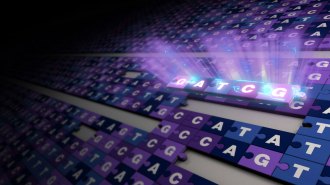 Genetics
GeneticsWe finally have a fully complete human genome
Finding the missing 8 percent of the human genome gives researchers a more powerful tool to better understand human health, disease and evolution.
-
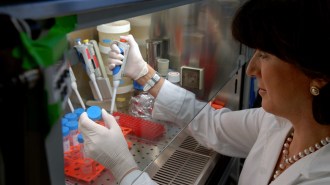 Genetics
GeneticsHow gene therapy overcame high-profile failures
A dark period for gene therapy didn’t derail scientists determined to help patients.
-
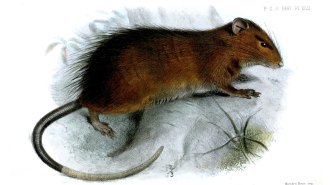 Genetics
GeneticsAn extinct rat shows CRISPR’s limits for resurrecting species
Scientists recovered most of the Christmas Island rat’s genome. But the missing genes signal a problem for using gene editing to de-extinct species.
By Anna Gibbs -
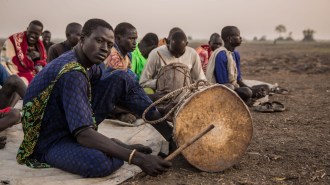 Genetics
GeneticsAfrica’s oldest human DNA helps unveil an ancient population shift
Long-distance mate seekers started staying closer to home about 20,000 years ago.
By Bruce Bower -
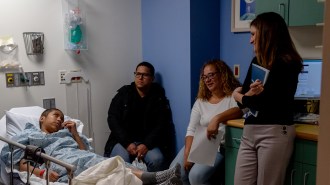 Genetics
GeneticsGene therapies for sickle cell disease come with hope and challenges
Pediatrician Erica Esrick discusses existing sickle cell treatments and an ongoing clinical trial.
-
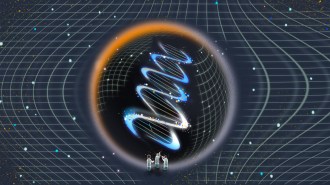 Genetics
GeneticsHow the Human Genome Project revolutionized understanding of our DNA
Completion of the Human Genome Project was a huge milestone, but there’s more work to do to ensure equitable access to the information in our DNA.